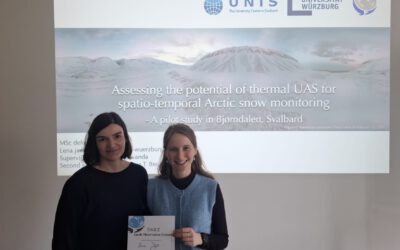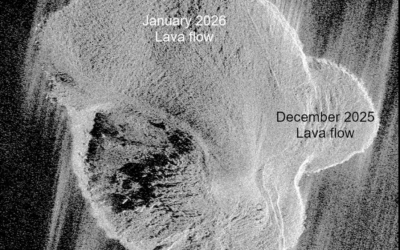New version of rsMove is available for download. Check the news of the package for details.
The new version added a vignette (see here) detailing the methodology proposed by Remelgado et al. (2017) to map animal resource suitability with remote sensing.
Highlights:
- Added c++ functions for time-sensitive linear interpolation (intime and intime2)
- imgInt() was extended to use the newly developed, c++ functions (faster image processing!)
- Added plausibilityTest() function to compare a probability map (e.g. resource suitability map) against existing data (e.g. land cover) to judge the plausibility of a spatial prediction (does it have an ecological sense?)









